Ever wished to have a sidekick wherever you went? – Get yourself Chihuahua, a pocket-sized dog with a larger-than-life attitude. Known for being the world’s smallest breed, you can carry him in your tote bag without compromising on your make-up compartment.
Chihuahuas have a jovial personality and love to accompany their owner everywhere. They are loyal and charming but very high-handed. Don’t be surprised to see your Chi bossing around with a gun in his hand, wearing a cowboy hat and boots.
Sometimes referred to as Apple head Chihuahua (or Chihuahua applehead), they have a round head that resembles an apple. Their pricked ears and large eyes make them look expressive yet demanding.
Chihuahuas are named after the Mexican state, Chihuahua, which is known to be their origin.
Before being universally called Chihuahuas, people named them after the places they were found in. Consequently, they began to be called “Arizona Dog”, “Texas Dog” and “Chihuahua Dog”.
Table of Contents
Chihuahua Pictures
Quick Facts

Avg. Weight: 3 to 6 Pounds
Avg. Height: 6 to 9 inches tall at the shoulder
Dog Group: Companion Dogs
AKC Rank: 11
At A Glance
Chihuahuas are the smallest dog breed that you can ever pet. A full-grown Chihuahua weight will not be more than 6lbs. with a height up to 10inches. They are comfortable pets that you can carry in your side pocket whenever you want a company.
A Chihuahua lifespan ranges from 10 to 18 years. They have one of the longest lifespans in the dog world. Smaller dogs tend to live longer. However, another key factor for Chihuahuas is, they suffer fewer health problems.
Chihuahua is a pocket dog that can live without complaints even in a one-room apartment. They are known as city dogs (very cosmopolitan, you see) and can make enough room even in the smallest of hearts.
These teacup dogs gel in with every member of the family. Although he may have one favorite person whose lap would be a paradise for him, he will love and be protective of each one of you. They may not be best for a family with younger children because they are fragility and can be injured due to their small size.
Chihuahuas may bond well with other pets if raised together. However, they have too big of an ego and would probably try to dominate the other pet. They tend to get cranky around bigger dogs. They can be friendly with cats if introduced during puppyhood.
Barking comes as an instinct to Chihuahuas. They bark when they are wary of strangers, and they bark when they need attention. They would bark fearlessly and with confidence even if a larger dog is standing in front. You just need to understand what your dog’s bark means.
Chihuahuas are more susceptible to hot weather conditions than cold. They are prone to frostbite and need to be covered in layers of warm clothes if taken somewhere under -1°C. They are tolerable to hot weather but anything more than 21°C can make them discomfit.
Training a Chihuahua may come as a struggle. They are little tricksters who can pull wool over your eyes instead of getting trained. You either need to be smarter than your Chihuahua or his favorite person to get him started. They are smarter than intelligent and might require extra repetitions to follow instructions. Ranking 67th in the list of most intelligent dogs, they at least know how to get things done.
Chihuahuas love to be carried around rather than walking themselves and they love to act like an Emperor. Considering their otherwise healthy body, they do not require more than 15-20 minutes of exercise daily. Most of his workout can be done indoors. However, if you are planning to take your pooch outside, make sure he is not left unsupervised or he might just fall prey to other animals.
Chihuahuas come in two coats – short and long; both the coats have different grooming needs. The shorter coat will need brushing once a week as compared to the longer that would need brushing at least twice a week. It does not take a lot of time to groom a Chihuahua because of their size. However, their teeth, nails, and eyes need a regular check.
Chihuahuas shed a moderate amount and are not considered to be hypoallergenic. However, to avoid any other allergies groom your pooch regularly and keep his coat clean.
A well-bred Chihuahua dog price ranges from $400 to $1200.
Chihuahua is a purebred but there may be a rescue Chihuahua waiting for you to take him home. We suggest you adopt, if you can!
About Chihuahua

Chihuahua is the smallest breed in the dog kingdom both height and length-wise, with a terrier-like manner. Originated in Chihuahua, Mexico, they were named after the Mexican state. They have big, luminous eyes that are larger to their head and body. They have pricked ears with 18 muscles in each to help them ignore you and walk with an air.
There two Chihuahua types – “apple-head” or “deer-head”, named according to their facial characteristics. A lot of people tend to call them “Teacup Chihuahua” or “Chihuahua Teacup” because of their size, however, it is not a breed type.
Chihuahuas are loyal and sucker for attention. Bred as companion dogs, they love to travel and would readily accompany you anywhere for the rest of their 18 years of life.
They appear fragile and petite but are pretty bossy and bold. With a body of not more than 9 inches, in their mind, they are six foot five.
Compact and cute, these little puppers make ideal city pets. They are not suitable for a house which has kids and needs special care during cold weather and rain.
Chihuahuas can also be very good watchdogs because they are very alert of their surroundings and are ready to take up fights forgetting about their small appearance.
You need to be very careful and tactful with Chihuahuas but once adopted you might just have OCD – Obsessive Chihuahua Disorder.
Chihuahua is a purebred but there may be a rescue Chihuahua waiting for you to take him home. We suggest you adopt, if you can!
History
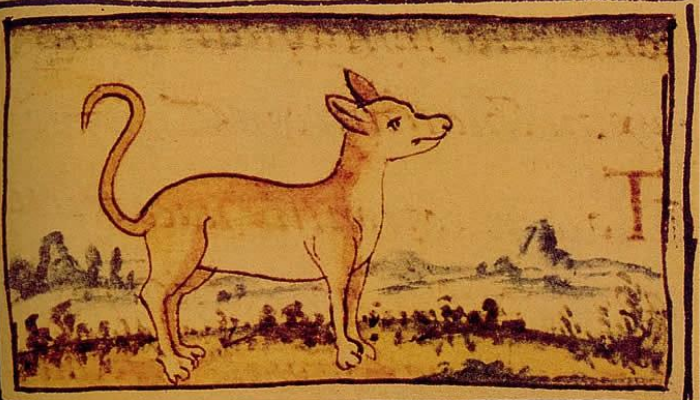
Chihuahua’s origin is as complicated as its anatomy. Though the history of Chihuahua is uncertain, some say it dates back to the prehistoric times of Toltec civilization.
The Toltec carvings have shown depictions of a heavier and larger breed, Techichi. The Aztec’s further refined Techichi into a smaller and petite dog which resembled Chihuahua.
When Aztecs took over the Toltecs, they adapted Techichi in their society. They considered this breed to have mystical and healing powers. It had become a ritual to kill a red Techichi and bury it with the deceased. But after the Spanish conquest, this breed faded into oblivion.
Parallel – y, some say that small dogs were brought from China to breed with native Mexican dogs.
Nevertheless, what we can certainly say is, their specimens were found in the Chihuahua state of Mexico in the 19th century.
Chihuahua got his first break when bandleader, Xavier Cugat, hit the screens with his pupper. Cugat’s signature trademark was to hold Pepito in one hand while waving a baton with the other. This little Chihuahua also has a book dedicated to him – Pepito: The Little Dancing Dog.
Owning a Chihuahua became a status quo in the late 90s. Ever since we cannot stop obsessing about this teacup doggo.
Now you know where they get all that sass from.
Facts Theatre
Parenting Guide and Care
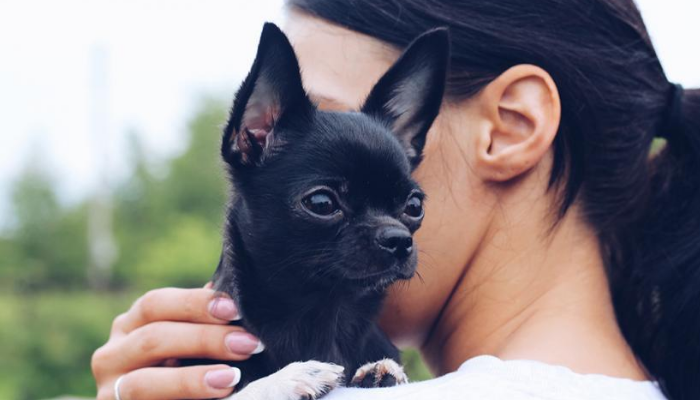
Much of what you need to keep your Chihuahua happy and healthy is common sense, just like it is for humans.
- Your Chihuahua puppy needs a lot of supervision. Keep rooms locked, keep the floor free from objects, block off other rooms as necessary. Toddler Chis are very energetic and they may run here and there. Give him a room free of anything that could be dangerous for her. This will keep him out of trouble and away from objects, he should not put in his mouth.
- Small dogs also require exercise and training. Chihuahuas have surprisingly high stamina for their size. She can go on running about chasing pigeons and squirrels as long as you let them. But do not make her over-do it especially when the weather is more 21°C. A daily exercise of 20-25 minutes is enough.
- As much as they enjoying playing in a back yard, they need strict supervision. You don’t want your baby to fall prey in the hands of big birds and coyotes.
- Do not leave her alone in a room/yard with small gaps/spaces. They have a cat-like tendency to run away and may end up injuring themselves. Block all the possible openings, under-bed gaps, and narrow getaways to protect your pooch from getting stuck or running astray. You can give you Chi proper crate training which will help her understand the concept of boundaries.
- It is a task to train a Chihuahua. You don’t only need enough energy but you need to be smarter than him. Use positive reinforcement techniques of treats or food rewards, praise, and play.
- If you make to become your Chi’s favorite, it will be easier for you to housetrain him. Obedience training and basic command training is enough for your Chi to get going.
- Early Socialization is a must. They need to socialize to be comfortable around people and other pets.
- A well-suited apartment dog, Chihuahua can make space for himself anywhere.
- Chihuahua may not be your ideal dog choice if you have children less than ten years of age. But it doesn’t end here. There is an array of child-friendly dogs that you can choose from.
Personality and Temperament
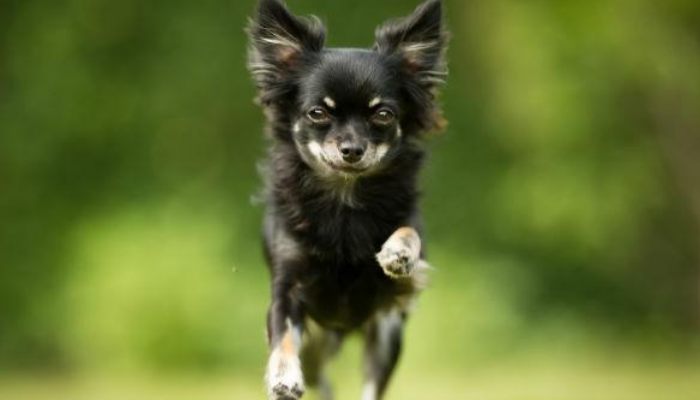
Chihuahuas are dainty dogs with feisty temperament. If not tamed, they will bend all the rules and dominate your house like a boss-doggy. These gangsta babies don’t realize how small they are and are ready to take big-fights.
They demand proper socialization otherwise they can become defensive and apprehensive of strangers. This apprehension, nevertheless, can be streamlined with proper training to make them excellent watchdogs.
Bold and confident, these dogs can have big voices. They can be seen barking at everything including their owners.
Unlike other dogs, Chihuahua’s brain goes through only 3 levels and stop which makes them permanent puppies and mentally immature according to their age. They love being carried around like and doll and enjoy being pampered. However, exposing them to different conditions, people, sounds, and experiences from an early age can make them a little matured.
Known as lap dogs, they will make their comfy snooze-spot on the lap of their favorite person. They are very loyal and affectionate and are in constant demand for attention.
Chis are notorious for snapping at strangers and other dogs but can gel in with other pets with raised together. They love befriending other Chihuahuas and behave well with cats too.
If you are planning to adopt a Chihuahua, make sure you spend enough time on his networking and training to control his behavioral traits.
Colors and Grooming
Chihuahua has one of the largest varieties of coat color.
Solid White Coat is among the rarest Chihuahua colors.
Long-Coat Chihuahua and Smooth-Coat Chihuahua are two official varieties of Chihuahua, and both require different grooming. Smooth coat chis need occasional brushing but regular baths while the long coat Chihuahua needs brushing at least once a week to avoid tangles and occasional baths.
Chihuahuas grow nails very fast. If you hear your dog’s nail clicking on the floor, it’s time for them to get a little pedicure. Clean their pads regularly.
Their ears are prone to wax and it is important to check it while grooming your pup. If you can see wax or smell an odor, clean the inner ear with using a cleanser and cotton bud. You can also use baby oil on dry edges of their ear. Do not go deeper than what you can see. If you are unsure about doing it yourself, take your dog to the nearest vet.
They develop tear stains beneath their eyes. You can get products to remove stain and discharge blotch. You can also use a cotton cloth and some lukewarm water to carefully wipe the discharge.
Chihuahuas are excellent show dogs and they enjoy dressing up. So, the next time you are buying yourself a dress, do not forget to get one for your Chi too.
Chihuahuas shed a small amount year-round but may shed heavily during spring and fall. Long coat Chihuahuas shed in clumps. Brushing them weekly with a pin brush can control shedding. Rubber grooming mitt or short bristle brush can be used for the smooth coat Chis to maintain their gloss and glamour.
Interestingly, Long-coat Chihuahuas shed less than one with a Smooth-Coat.
Feeding
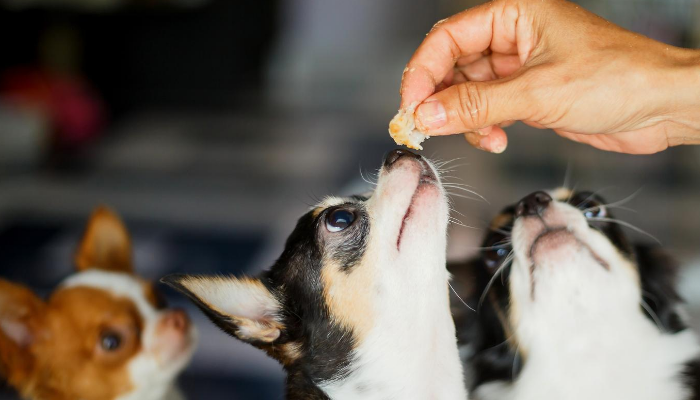
Puppy (3-12 Months)
- A puppy under 3 months should be fed 4-6 times with a total serving of ¼ – ½ cup of high-quality dry food a day.
Infant Chihuahuas are palm-sized and grow rapidly in the first week. So, they need enough nutrients to grow with a proper weight.
- From the age of 3-6 months, the number of servings can be decreased to 3-4 times a day. The quantity remains ¼- ½ cup a day.
- Reduce meals to 2-3 times a day for puppies from 6 months to one year of age.
A Chihuahua puppy weighs 2.5-5.5 ounces at birth and grows to weigh almost 3 pounds within a year. As a pet parent, you need to keep track of your puppy’s weight and feed her accordingly.
A healthy puppy with regular exercise and sporting will require at least 50 calories per pound of their body weight.
Adult (1.5 Years – 9 Years)
- Adult Chihuahua needs ¼- ¾ cup of high-quality dry food each serving twice a day.
These are your Chi’s prime age. They are the most energetic during these years and need proper nutrition to cope with their breed standards. 40% of your adult Chihuahua diet should consist of proteins. You can include chicken, lamb, beef, or fish which is low in fat. You can also give him low-sweet fruits in a moderate amount.
Senior (10+ Years)
- You can continue giving the same serving of ¼- ¾ cup of high-quality dry food twice a day.
A balanced combination of dry and canned food can work out well for senior dogs. They have a slower metabolism and tend to put on weight. If so happens, you can take up a senior dog diet for her. Change her food intake according to his bodily requirements.
Note: Chihuahuas are very particular about what they eat. A sudden change in diet can make them upset. We advise you to change their diet steadily over two weeks.
Health and Vaccination
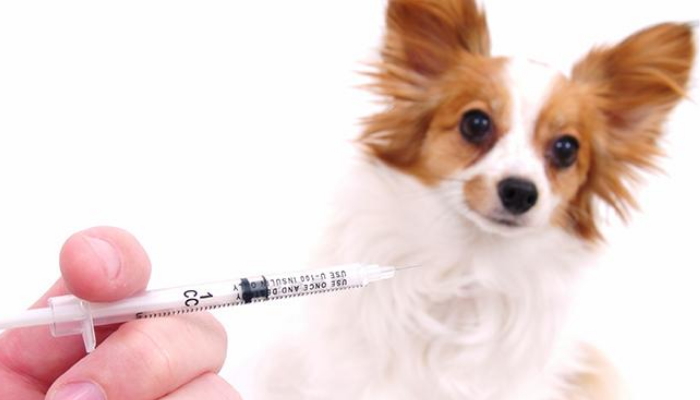
Dogs bred by a responsible breeder who maintains high standards are less likely to inherit health conditions. Chihuahua is not prone to any major health issue but some may be born with it or develop such conditions over time.
1. Hypoglycemia
Low blood sugar can be seen in Chihuahua puppies. It can be cured easily as a puppy but may become fatal if not treated timely.
Physical symptoms can include weakness, collapse, grayish-blue gums, and seizures. It can occur after exercise, a period of excitement, or after missing a meal.
In such cases, your dog needs a sugar supplement.
2. Heart Murmurs
Heart murmur is caused when there is a slow deformity of heart valves. This may lead to other major problems and are indicative of serious heart issues. If the disease is diagnosed, your dog would need medication, a special diet, and a reduction in the amount of exercise.
Symptoms may include irregular heartbeat, persistent coughing, lack of appetite, or collapses.
3. Patellar Luxation
A condition that is present at birth occurs when the thigh bone, knee cap, and calf are not aligned properly. It is detected much later. The rubbing of these three parts can lead to serious problems like arthritis, or joint disease.
Symptoms may include limping, unwillingness to walk, licking the knee, or whimpering while walking.
Luxating Patellas may require surgical repair if severe. This may also cause knee trauma and your dog would require training and therapy to walk again.
4. Pulmonic Stenosis
It is a malformation of the Pulmonic valve leading to obstruction in blood flow from the heart to lungs. It is hereditary and breeding of affected dogs should be discouraged. The mild condition can be cured over time. However, if the condition deteriorates, then we advise you to get your pal tested and treated.
They appear bright, cheerful, and happy but they can show symptoms of exercise intolerance, fainting, and general fatigue.
5. Hydrocephalus
Mostly seen in apple-head Chihuahuas, it can be congenital or acquired. Cerebrospinal fluid can on the top of the skull and may lead the head and eye to gaze downwards or appear swollen. Mild cases can be cured with the help of steroids. Puppies with severe cases die before four months. It is better to adopt your desired puppy after that age.
6. Open Fontanel
Like human children, Chihuahuas are born with a soft spot on their heads known as molera. But unlike babies, they may have this spot for their whole life. Dogs with such conditions should be handled tenderly. Any little carelessness can kill them.
7. Bladder or Kidney Stones
Chihuahuas are likely to develop stones in the Kidney and Bladder. If there is blood in the urine or your dog is finding difficulty in urinating, you would like to get her tested for kidney or bladder stones.
8. Reproductive Issues
Chihuahua has a larger head as compared to his body which can create complications during the birthing process. The female’s pelvis may be too small for the puppy’s head to pass. It is better to go for a C-section/cesarean delivery.
Chihuahua must be vaccinated with canine parvovirus and canine distemper on the 5th, 6th, 9th, 12th, and 16th week, and a booster every 3 years thereafter.
Deworming is necessary. Ask your vet about a worming prevention plan from 2-12 weeks of your puppy.
Vaccination of dogs is deep well in itself. To have a thorough knowledge of dog vaccination, go through our Guide To Dog Vaccination.
Frequently Asked Questions
Some Chihuahuas have Napolean complex but their aggression is generally indicative towards an impending danger. They can also get aggressive if they do not get their due attention and cuddles. Humans are foolish, and they bred Chihuahuas for size and not intelligence. In the process of over-breeding, some dogs (especially the tiny ones) have developed congenital aggression. Proper training and early socialization can help them become a gentleman. Also, do not forget to give your pooch a lot of attention and love.
Chihuahua is smarter than intelligent. They are fast learners and can compete in agility with as much enthusiasm as larger dogs. They make their own rules and love to follow them. Don’t be surprised to see your Chihuahua walking around the house with a gun in his hand. They are con dogs and can trick you into anything.
Chihuahuas are willful dogs and they like to do their own thing. It might get difficult to train a Chihuahua because of her bullheadedness. Nevertheless, rewards-based training and obedience training can work out especially if done by her favorite person. Potty training can be a little issue but with a little patience, there isn’t any reason why you can’t train a Chi.
Chihuahuas have come as loud dogs and tend to bark for more than one reason. It may be when they are wary of strangers. They make excellent watchdogs and nobody can enter your house without you knowing. However, it is not always necessary that they bark out of aggression or caution. They can bark out of boredom, fear, and sometimes just out of habit. Getting her favorite toy can help keep her busy for some time.
Chihuahuas have a high metabolism which makes them shiver when they are excited or anxious. It also influences their ability to regulate body temperature. High metabolism makes a dog turns off his body heat which means that even when you don’t feel cold, your Chi might. Keep your dog’s wardrobe stuffed with enough warm clothes.
YES! Bred to be companion dogs, Chihuahuas are an excellent choice for a small family. They are loyal, smart, and very alert. They tend to snap at strangers or smaller children whom they see as a threat. However, If trained properly and with respect, they can be the warmest little pooches you would ever pet. They are small but they know how to love big.
“Chihuahuas are like potato chips. You just can’t have one.”
Similar Breed
Hello, Readers
That was all about our little friend, Chihuahua. We hope you enjoyed our article and it helped you know this breed a little better.
If you have any questions or concerns, let us know in the comment section below.
Share this article on Whatsapp and Facebook to help your friends who are stuck with a decision.
Subscribe to our YouTube channel and follow us on Instagram for more such content.
Happy Petting To You!



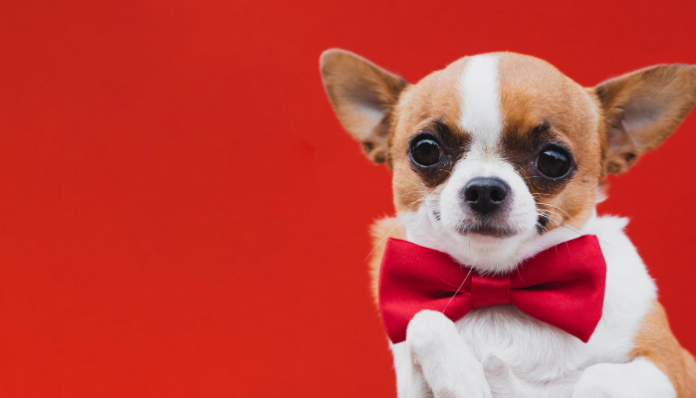

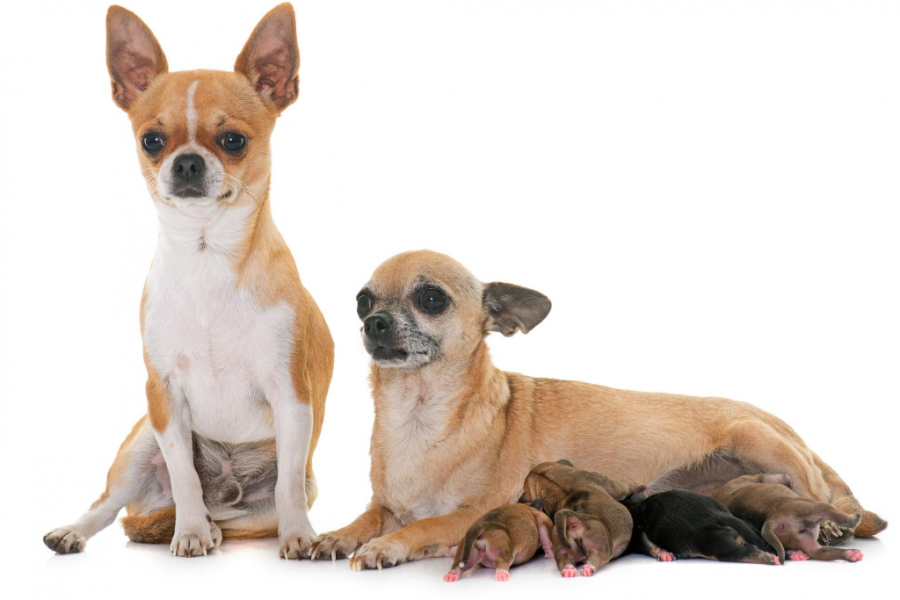
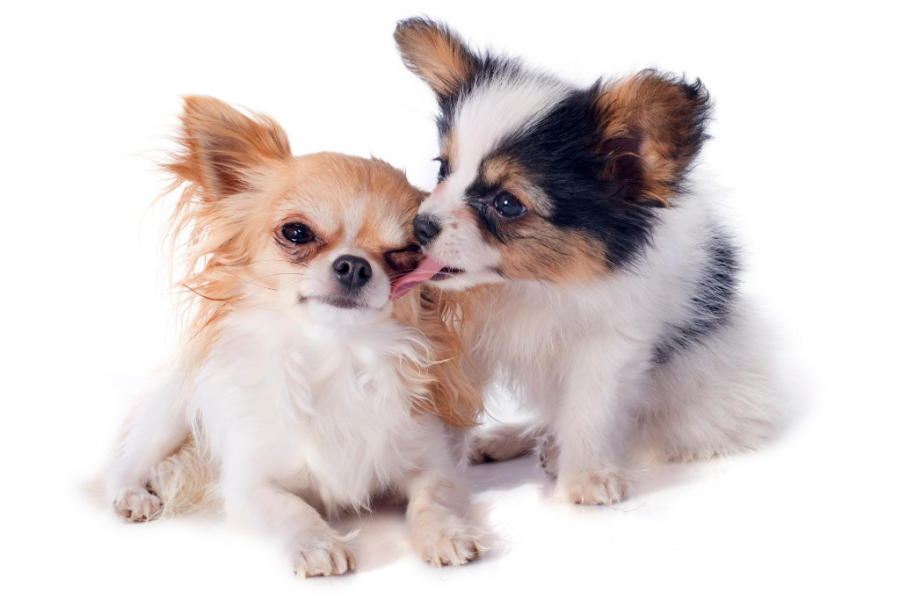
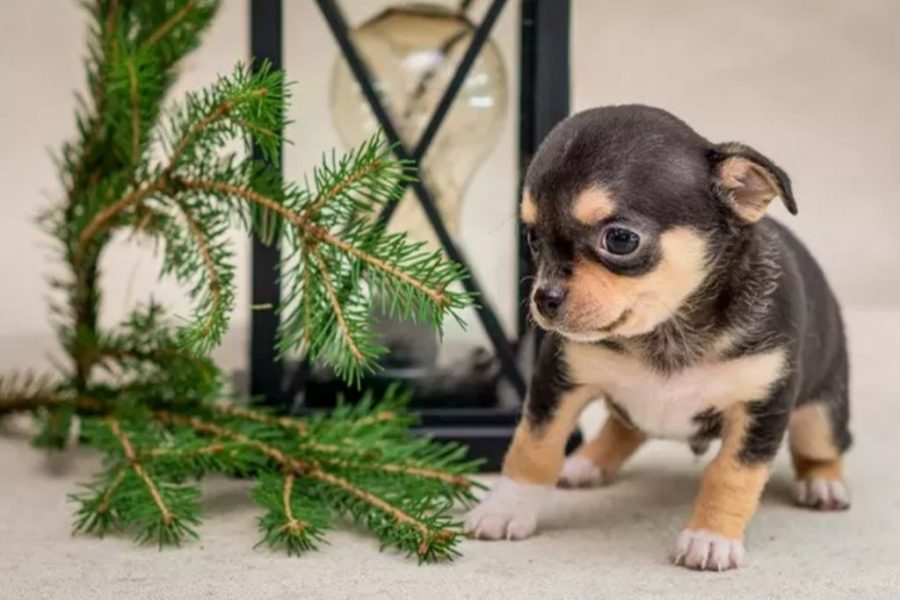
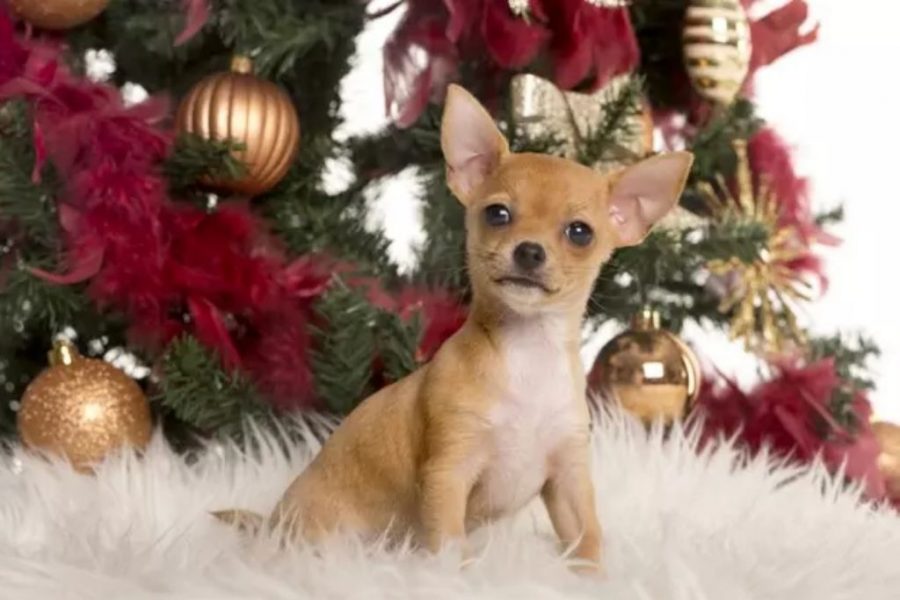
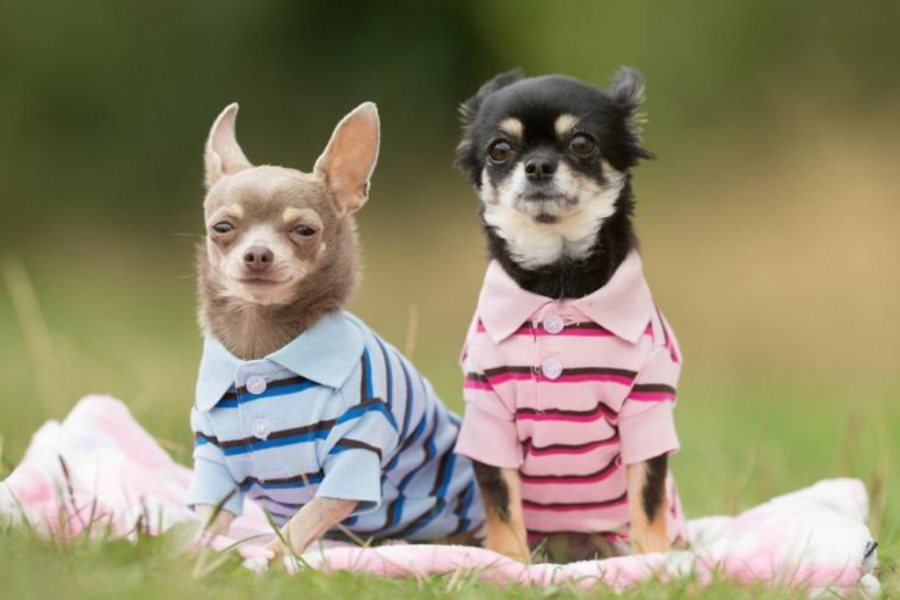
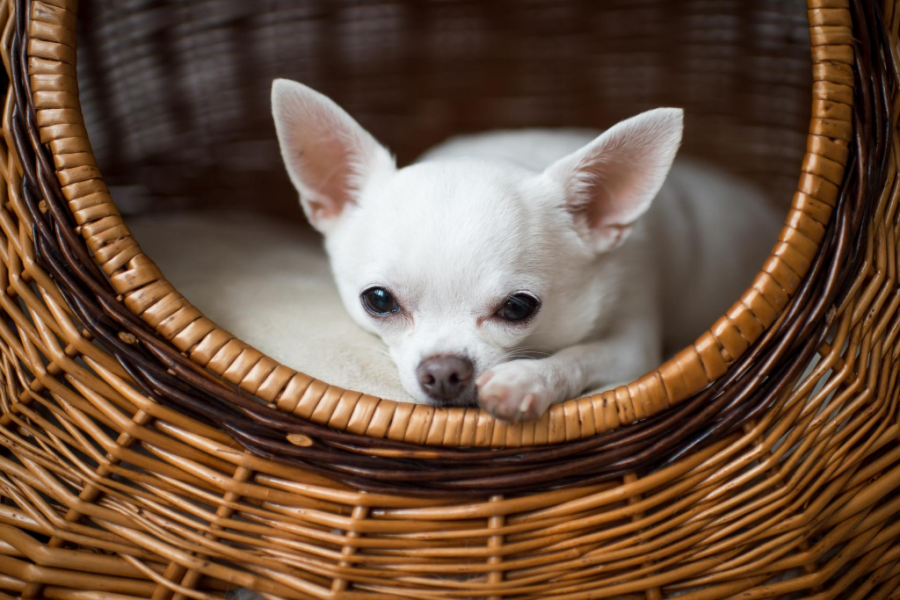
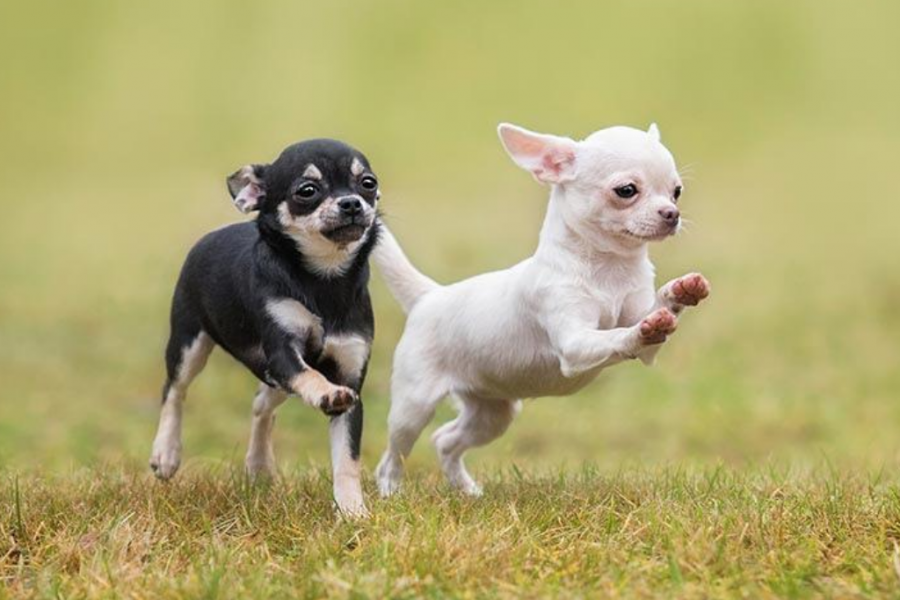
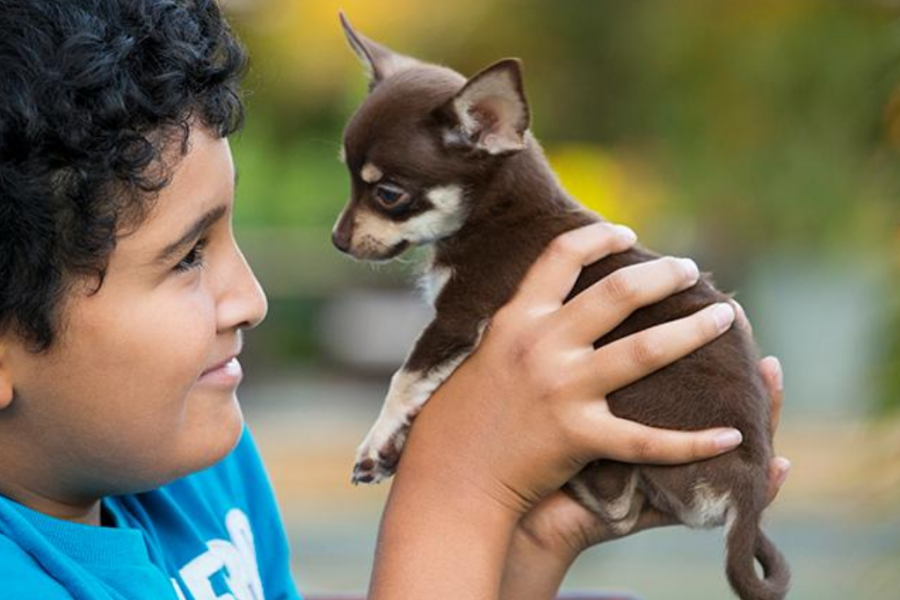



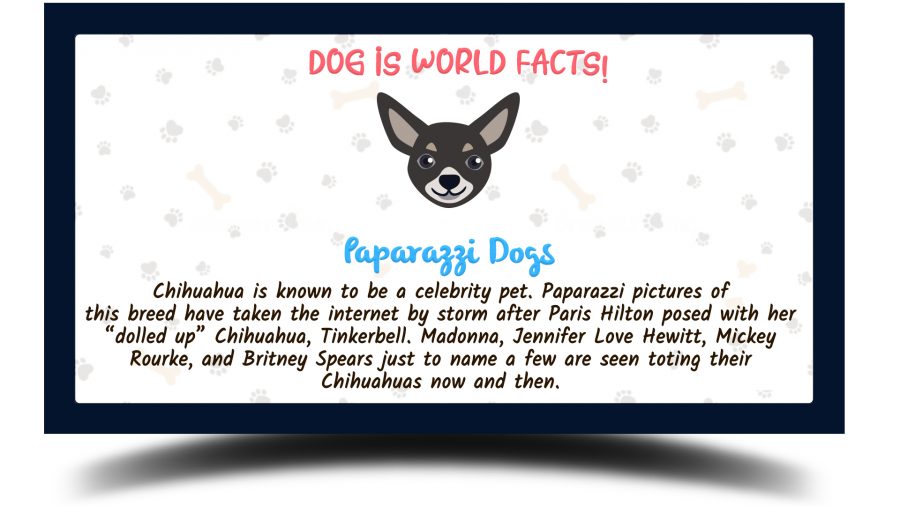
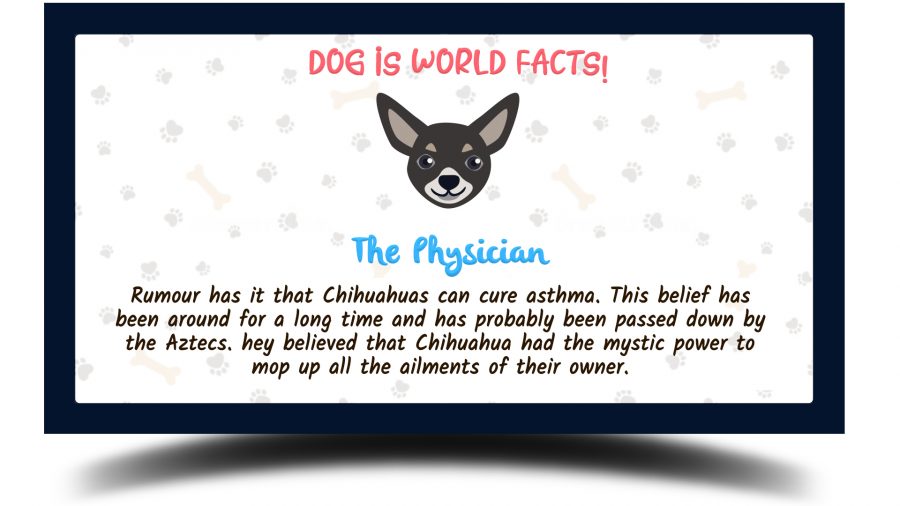
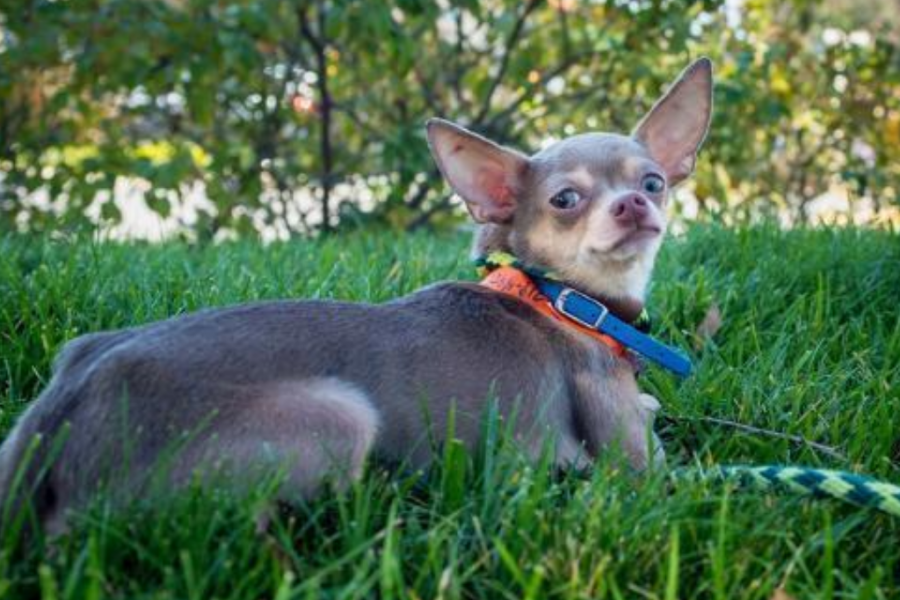
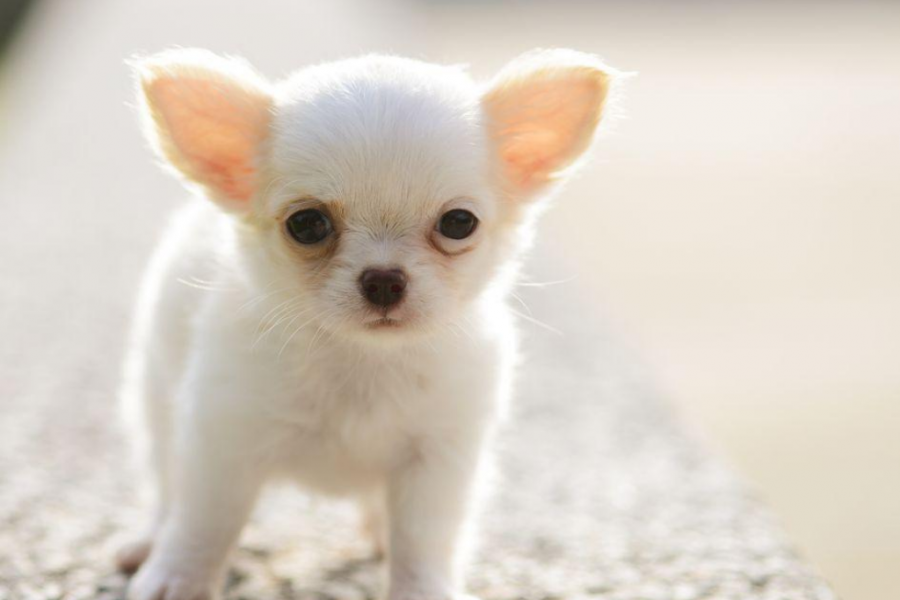
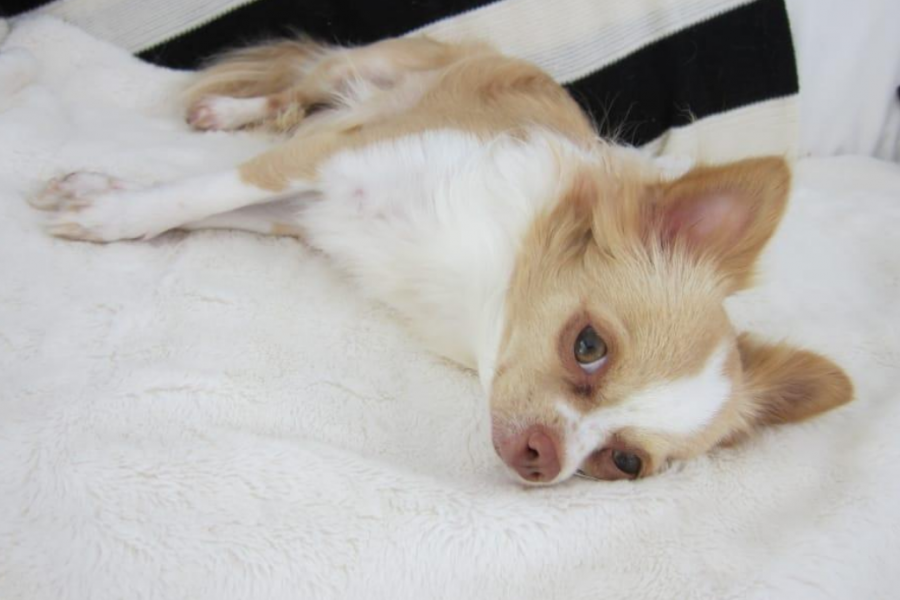
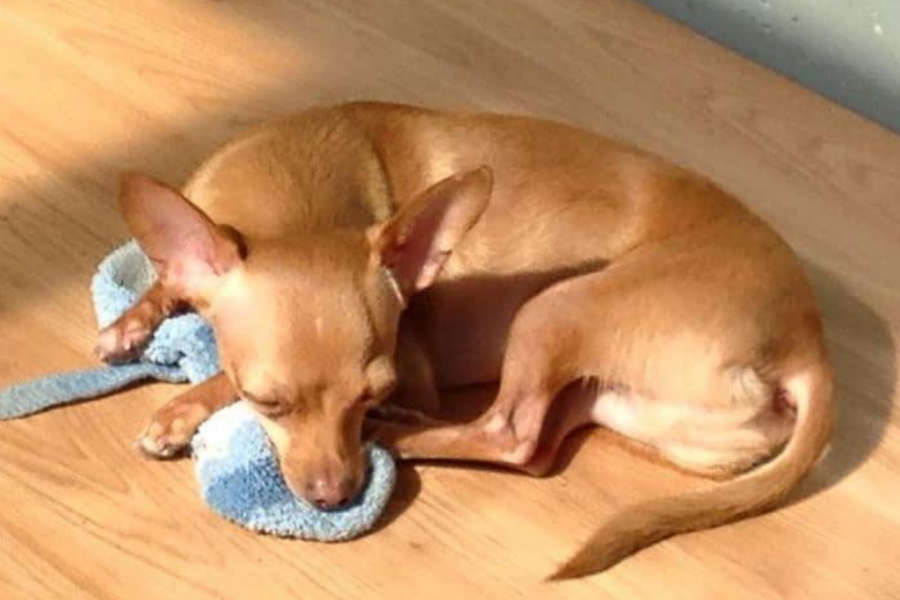
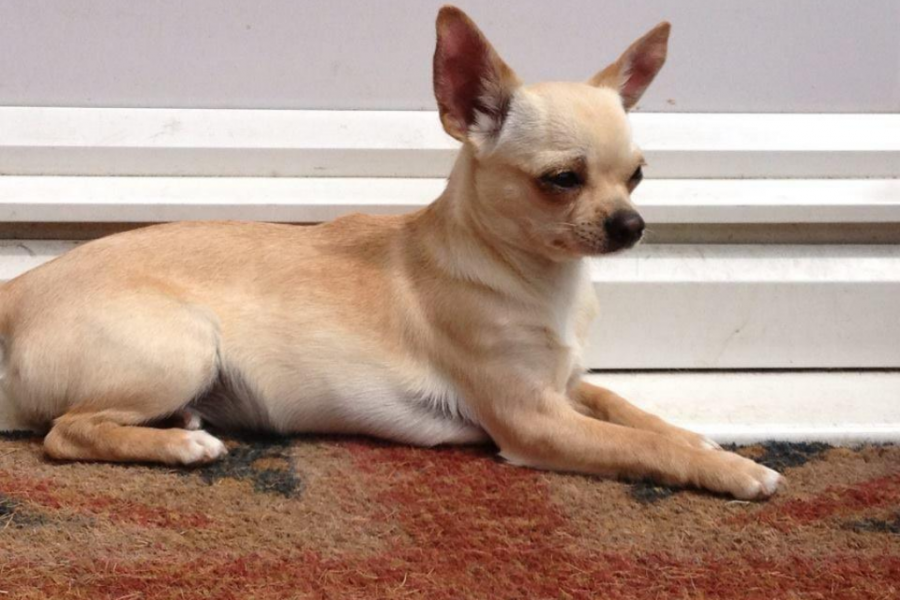
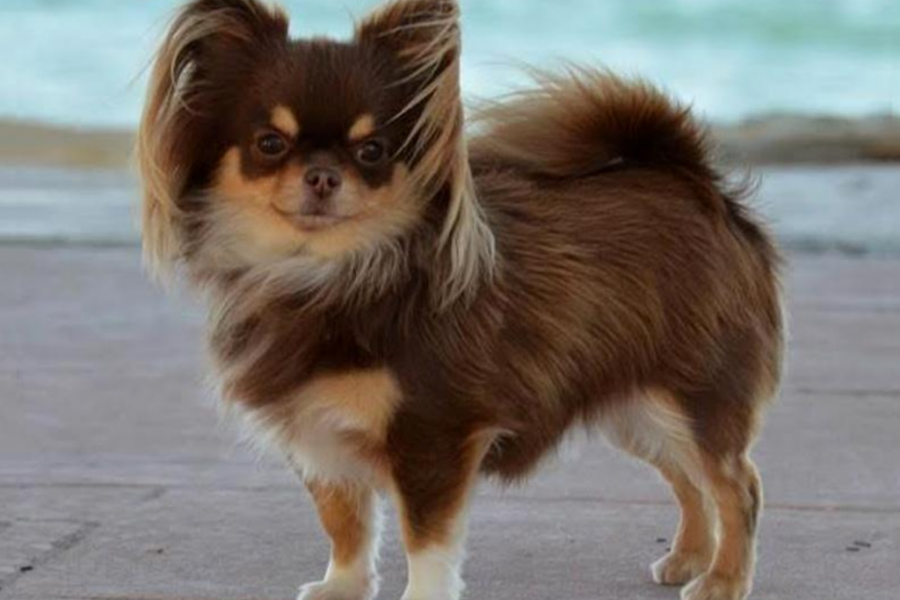
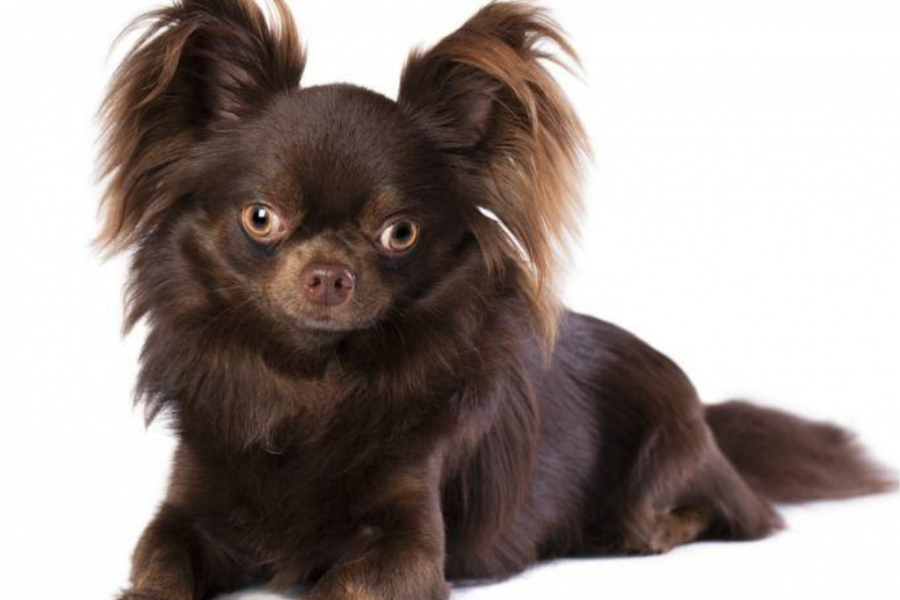
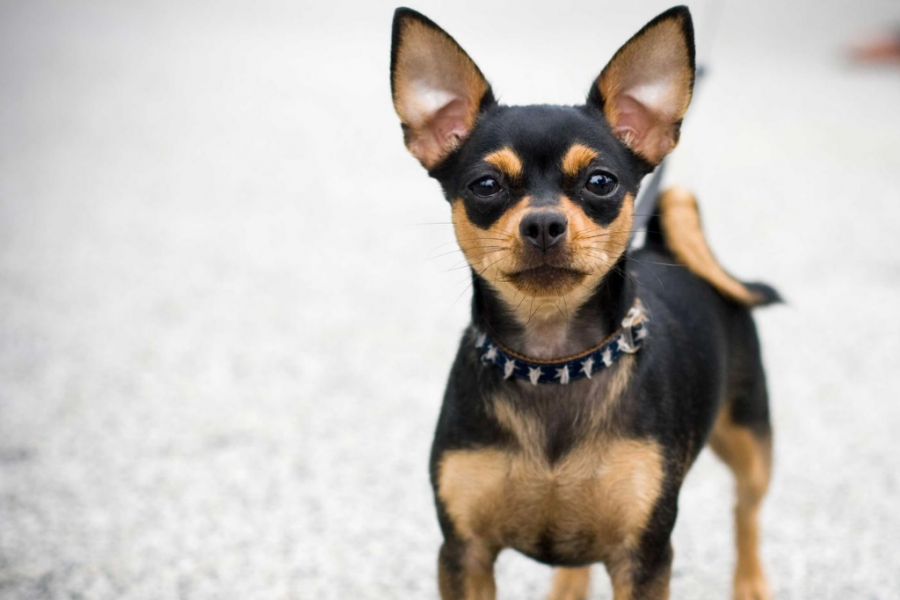
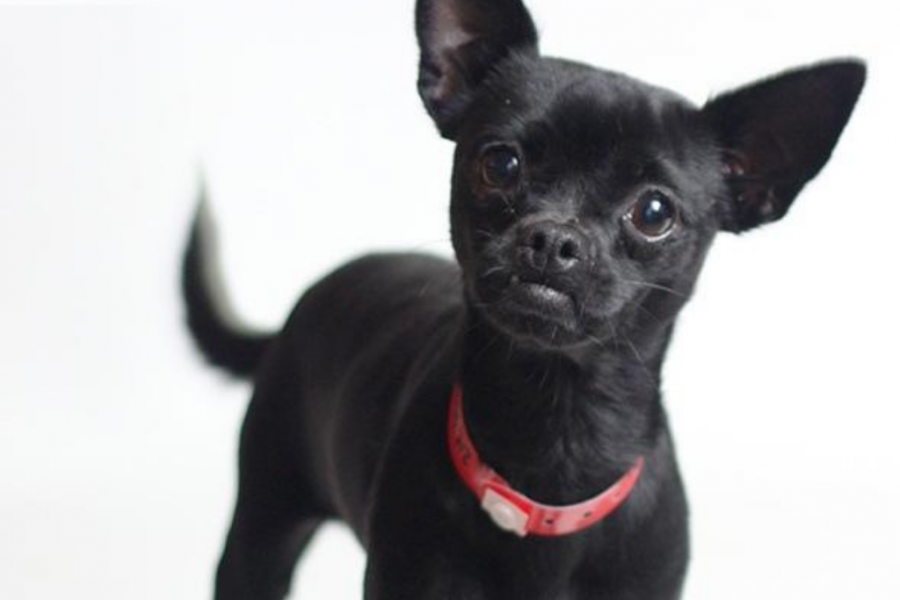








[…] If you live in an apartment, you should go for a compact size dog. Someone like the Beagle or the Chihuahua. […]
[…] This makes it similar to Chihuahua but comparatively, they are still heavier and taller than Chihuahuas. […]
[…] Chihuahuas don’t weigh more than 6 pounds. […]
[…] Chihuahua has a completely contradictory personality and you just have to see these Cute Pictures Of […]
[…] energy levels are still the same, sometimes higher. Chihuahuas are also best dogs for depression as they are likely to create great bonds with their […]
[…] breeds like the Chihuahua or the Yorkshire terrier are small breeds and require about 2 years to fully mature. It won’t be […]